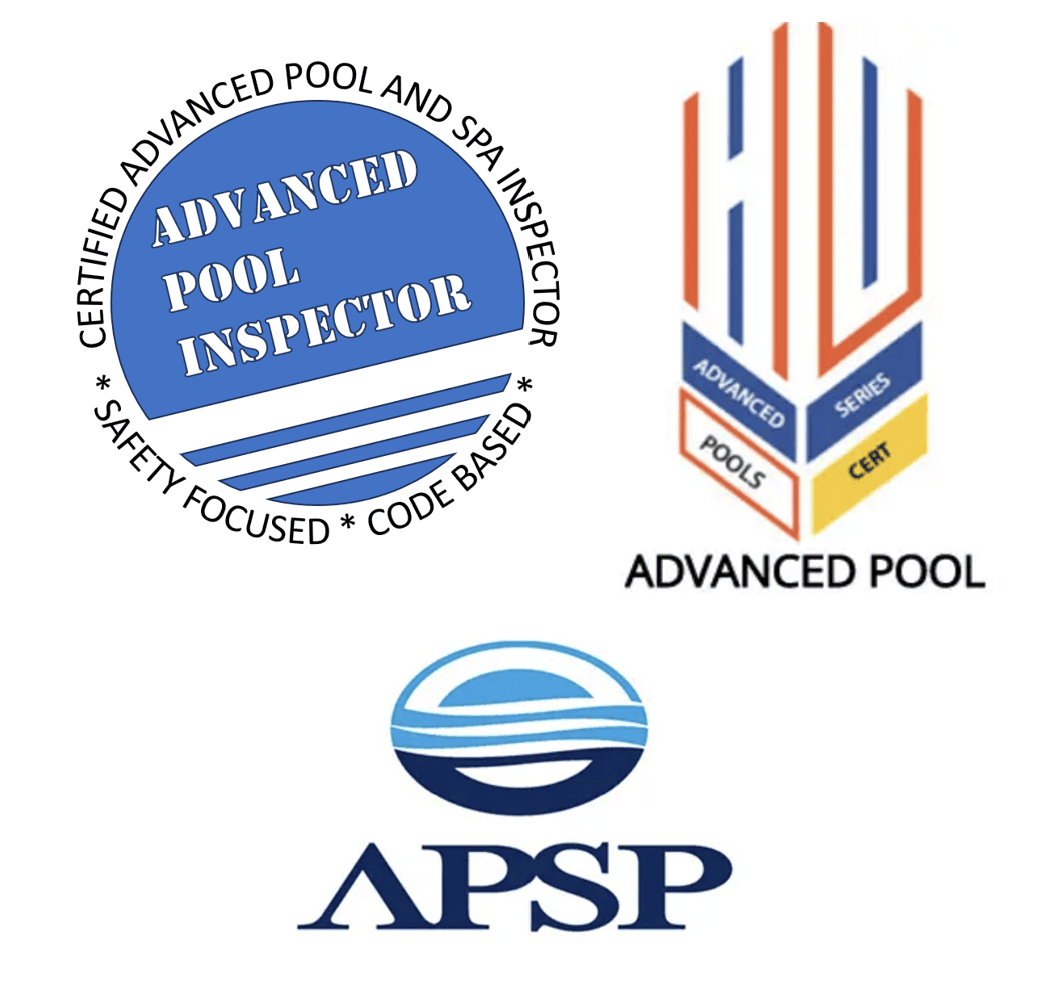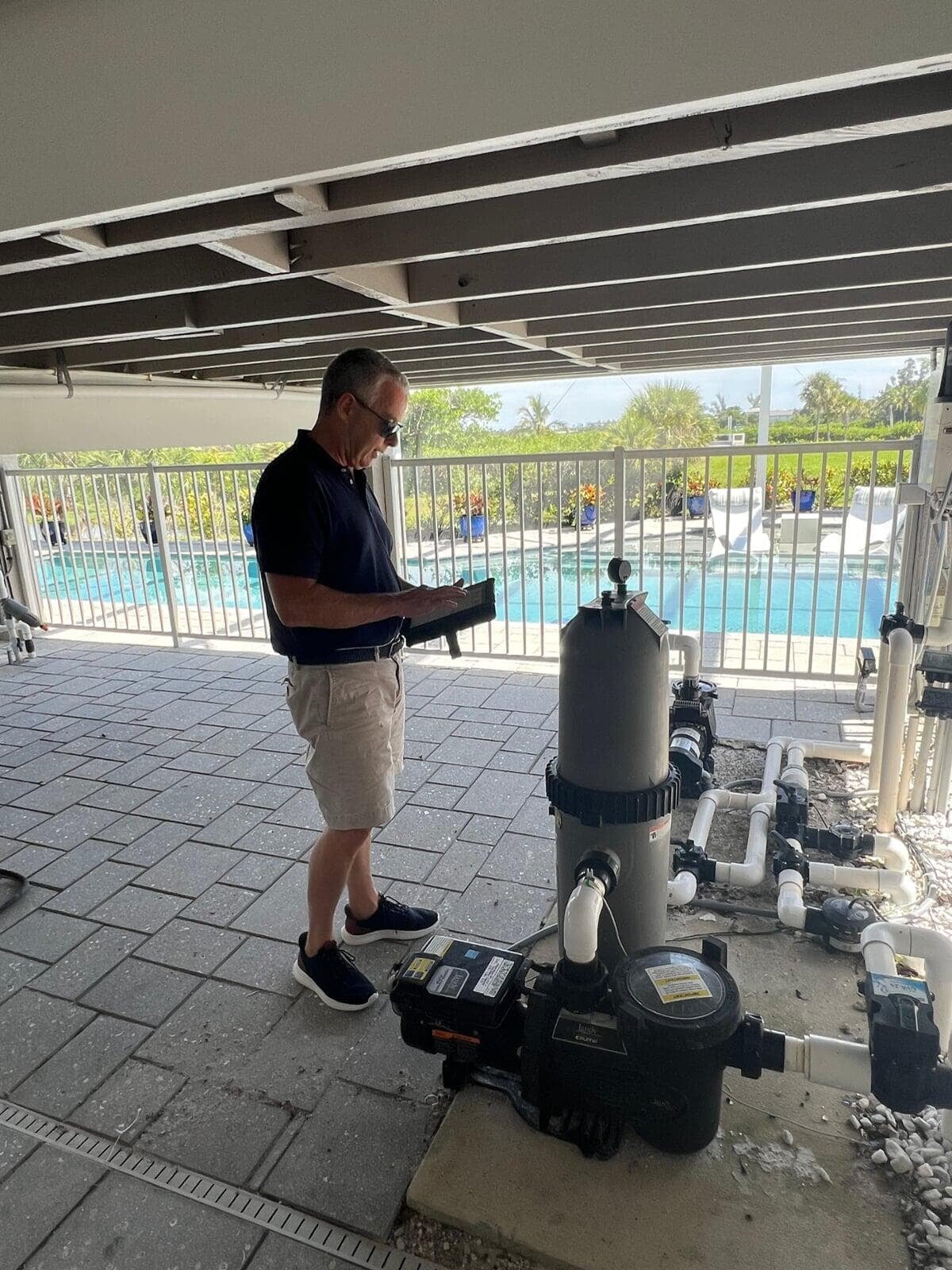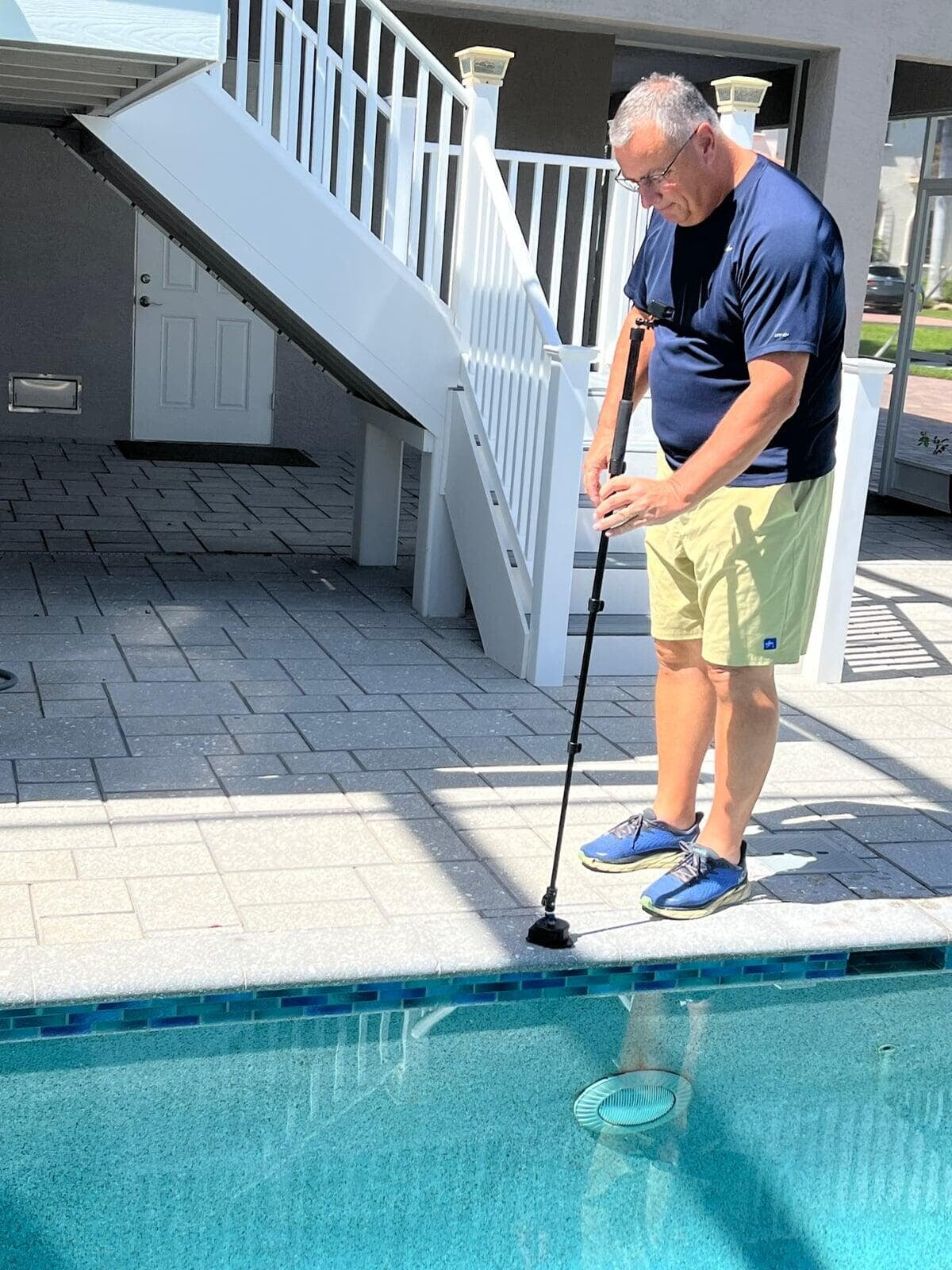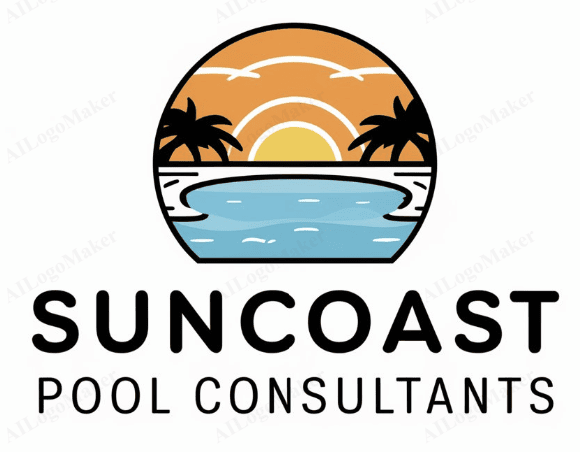Certified Services



Using Standard Operating Procedures developed by Home Inspectors University of Florida, our Consultants will examine the following:
- Safety Features: Checking fences, gates, alarms, and other safety barriers to ensure they meet code and provide a safe environment.
- Potential Leaks: Conducting thorough leak detection tests to identify any potential issues early on using the most advanced leak detection equipment.
- Pool structure and components: Examining the pool's surface, tile, coping, drains, and other vital components for signs of damage or unusual wear.
- Equipment: Checking the functionality of pumps, filters, heaters, and other pool equipment.
- Water Quality: Analyzing the water chemistry to ensure its balanced and safety for swimming.
